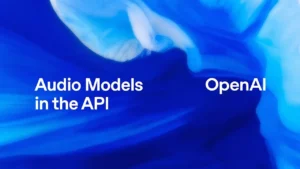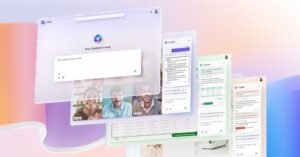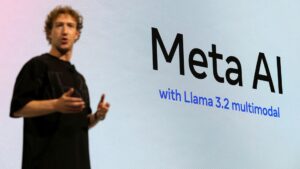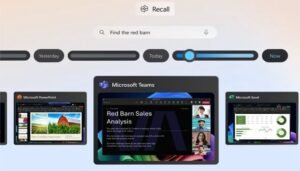Microsoft CEO Introduces Copilot AI Agents for Researchers and Analysts in Seoul
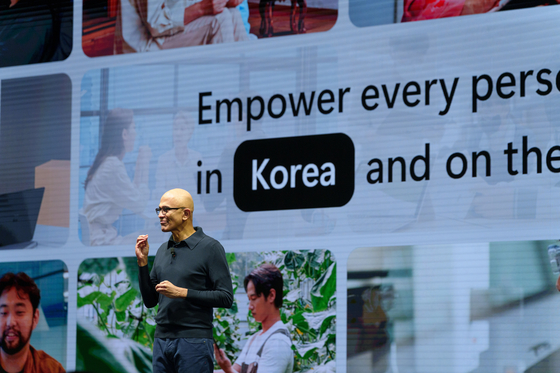
Microsoft CEO Unveils New AI Tools in South Korea
On March 26, during a significant event in southern Seoul, Microsoft CEO Satya Nadella introduced two innovative AI reasoning agents—the Copilot Researcher and the Copilot Analyst. These tools focus on enhancing the analysis of complex Excel spreadsheets and generating detailed business reports, marking a substantial advancement in Microsoft’s AI offerings.
Introduction of AI Agents
The Copilot Researcher and Analyst agents utilize OpenAI’s various AI models to provide users with enhanced functionalities. Nadella highlighted the capabilities of these tools, stating, “The most beautiful thing is, you can give it two Excel spreadsheets and just say, go analyze and come back with all the insights.” This simplicity and efficiency are expected to transform data analysis for various users.
Features of the Copilot Analyst
The Copilot Analyst is built on OpenAI’s o3-mini reasoning model. Its main function is to convert raw data into organized spreadsheets. If required, the Analyst can utilize Python to produce relevant codes, functioning like "a skilled data scientist." This feature allows users to conduct sophisticated data analyses without needing advanced programming skills.
Capabilities of the Copilot Researcher
The Copilot Researcher uses ChatGPT’s deeper research model. Although this service has been available since February, its integration into Microsoft’s suite elevates its utility. With this tool, users can extract information from emails, work files, and even chat conversations, resulting in more personalized and relevant research outcomes.
Demonstrations of the AI Tools
During the keynote presentation, both AI agents were demonstrated in real-time. The Researcher successfully generated a product strategy document, while the Analyst created visualized spreadsheets—all performed in English. While the demos occasionally featured Korean dubbing that felt somewhat awkward, the overall functionality showcased the AI’s advanced capabilities.
Importance of the Korean Market
Throughout the event, the significance of the Korean market was a recurring theme. Nadella, alongside Microsoft Korea CEO Willy Cho and GitHub’s CEO Thomas Dohmke, emphasized how vital it is for Microsoft to adapt and serve the unique needs of South Korean users.
Notable Korean companies that leverage Microsoft’s AI tools include Galaxy Corporation—popularly known as the agency behind K-pop star G-Dragon—Hanwha Qcells, LG Electronics, Seegene, and Amorepacific.
AI Innovations in Korean Industries
Nadella mentioned an exciting application of AI in video production: Galaxy Corporation’s usage of Sora, OpenAI’s video generation model, exemplifying how technology is assisting in the creative sectors like K-pop. Furthermore, Amorepacific’s recent innovation, the AI Beauty Counselor, utilizes a chatbot that interacts with customers. This feature recommends skincare products tailored to individual preferences, showcasing the range of AI applications in beauty and health.
The Future of AI in Business
As businesses increasingly adopt AI, tools like the Copilot Researcher and Analyst signify a shift toward more data-driven decision-making. By enabling easier access to data insights and automating routine tasks, these tools promise to enhance productivity and innovation across industries.
With continuous advancements in AI technology, offerings like those from Microsoft are setting new standards in how organizations utilize data. The focus on integrating these tools within existing workflows points to a future where AI plays a central role in business operations, making complex tasks more manageable and efficient.

